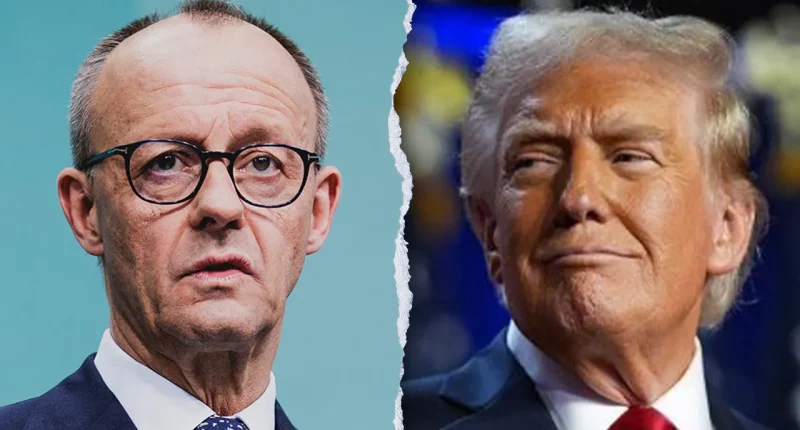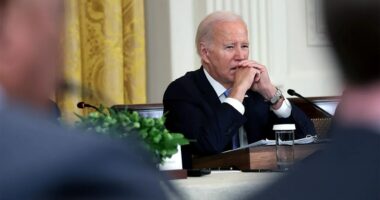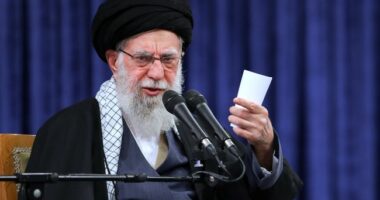Share this @internewscast.com
NEWYou can now listen to Fox News articles!
German Chancellor Friedrich Merz is scheduled to meet President Donald Trump on Thursday to address significant global issues such as conflicts in Europe, tensions in the Middle East, and substantial trade disagreements.
Throughout Trump’s first term and his re-election, Germany and the Trump administration have often clashed, with both sides openly expressing discontent.
However, recent encouraging conversations between Merz and Trump indicate that the upcoming meeting will likely be amicable. Berlin aims to make progress on eliminating Trump’s 25% tariff on imported automobiles and parts, along with the current 10% tariff on all goods, which had been temporarily reduced from 20% earlier this year.
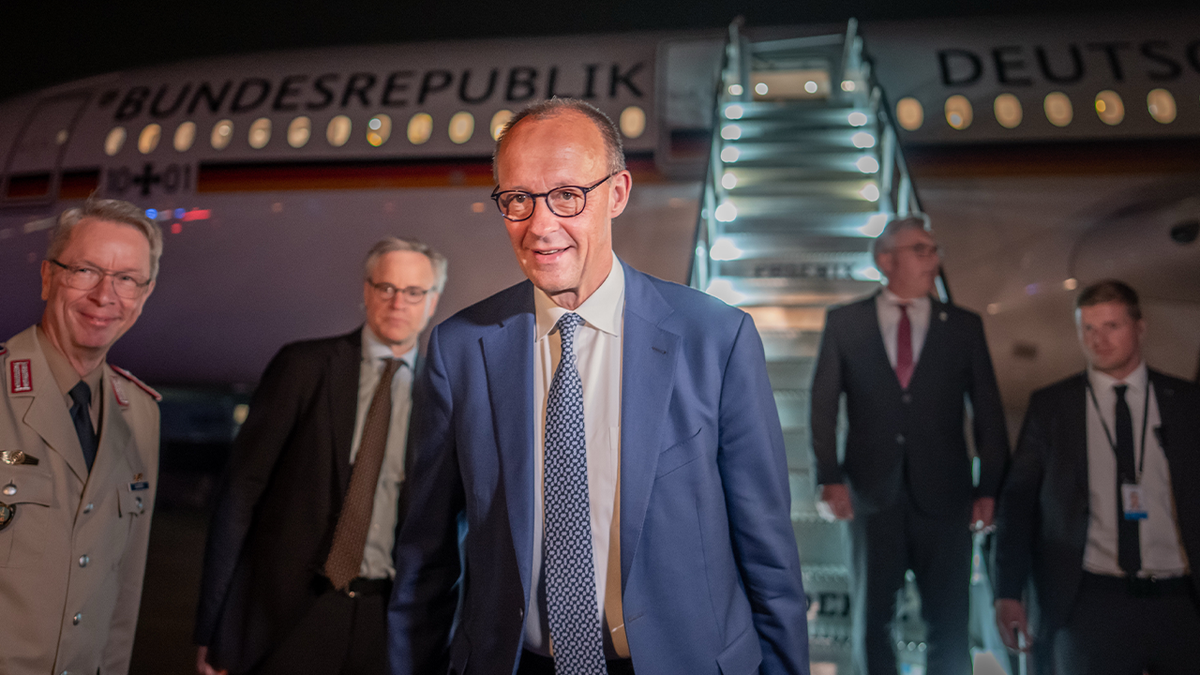
German Chancellor Friedrich Merz arrives in Washington, D.C., June 5, 2025. (Michael Kappeler/picture alliance via Getty Images)
“It’s always important that you don’t talk for too long, but that you talk for a moment and let him talk too”, Merz told German outlet WDR. “You have to adapt to him and get involved with him – and at the same time you can’t make yourself smaller than we are.
“That’s my most important requirement anyway, that we can talk to him sensibly: We’re not supplicants,” he added.
But despite efforts to bolster relations with Trump from afar, Oval Office meetings with the president are anything but predictable, as witnessed by the explosive interaction during Ukrainian President Volodymyr Zelenskyy’s February visit, as well as when the president accused South African President Cyril Ramaphosa’s government of committing “genocide” last month, though no party in South Africa, including the party that represents the Afrikaners, have substantiated these claims.
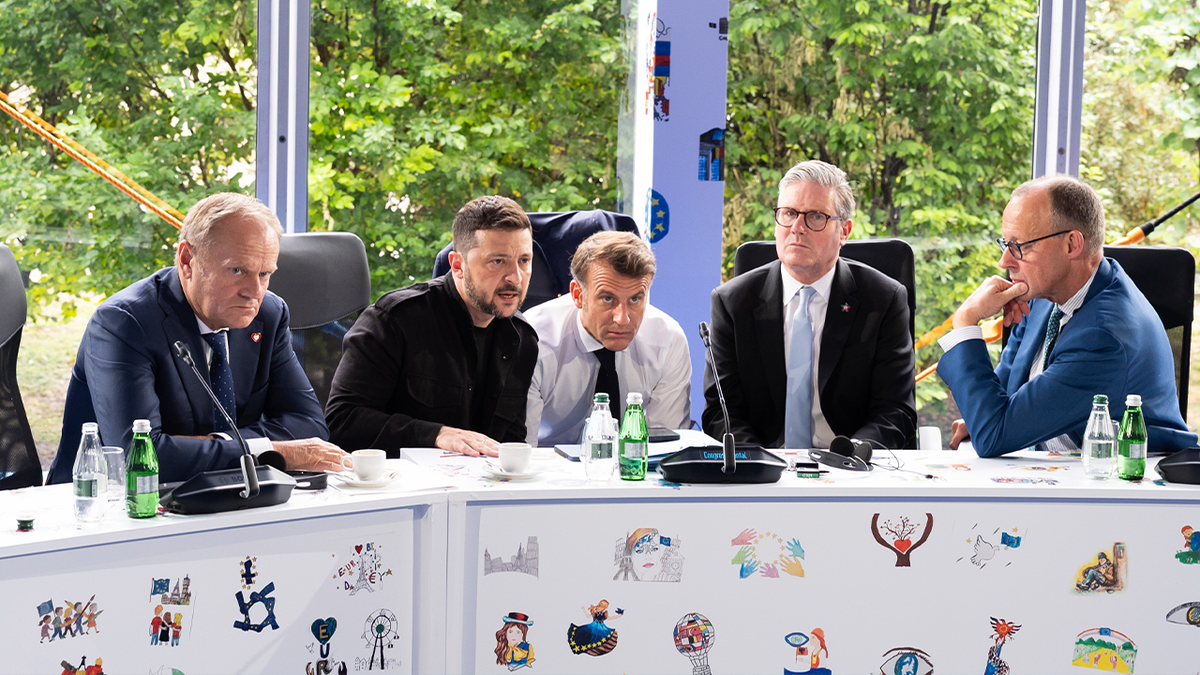
European leaders, from left, Poland’s Prime Minister Donald Tusk, Ukrainian President Volodymyr Zelenskyy, French President Emmanuel Macron, Britain’s Prime Minister Keir Starmer and Germany’s Chancellor Friedrich Merz hold a telephone conversation with President Trump on May 16, 2025, at Skanderbeg Square in Tirana, Albania. (KuglerSteffen/Bundesregierung via Getty Images)
One area where Merz could earn points with Trump is when it comes NATO defense spending and the president’s push for nations to not only increase spending on defense to the 2% threshold, but to spend 5% GDP on defense – a push the U.S. is not yet close to achieving.
While Germany does spend more than 2% of its GDP on defense, Merz has backed the call to spend up to 5%, and he could use this to rally Trump to increase his support for Kyiv, and push for greater European involvement in future peace talks.
